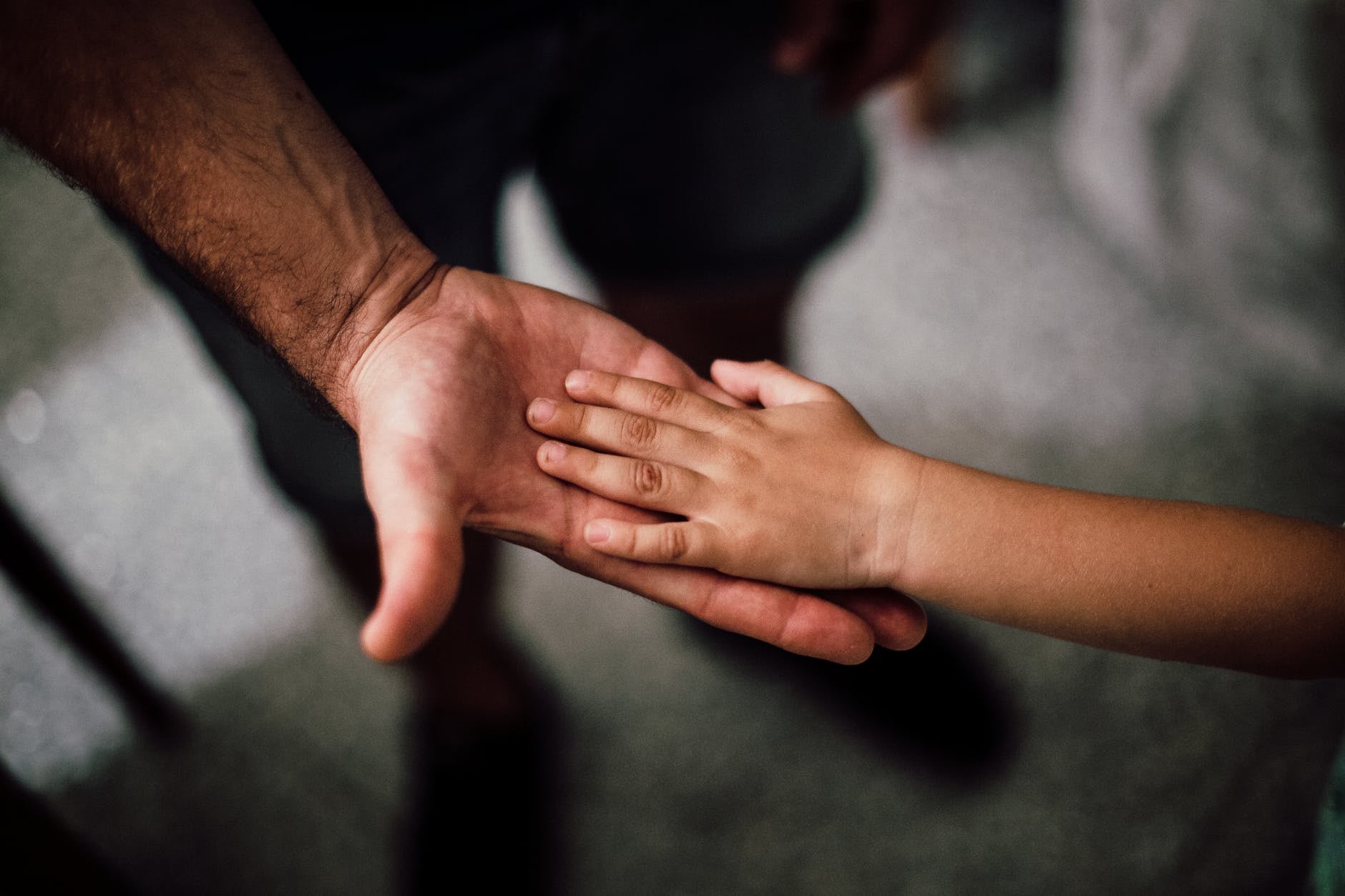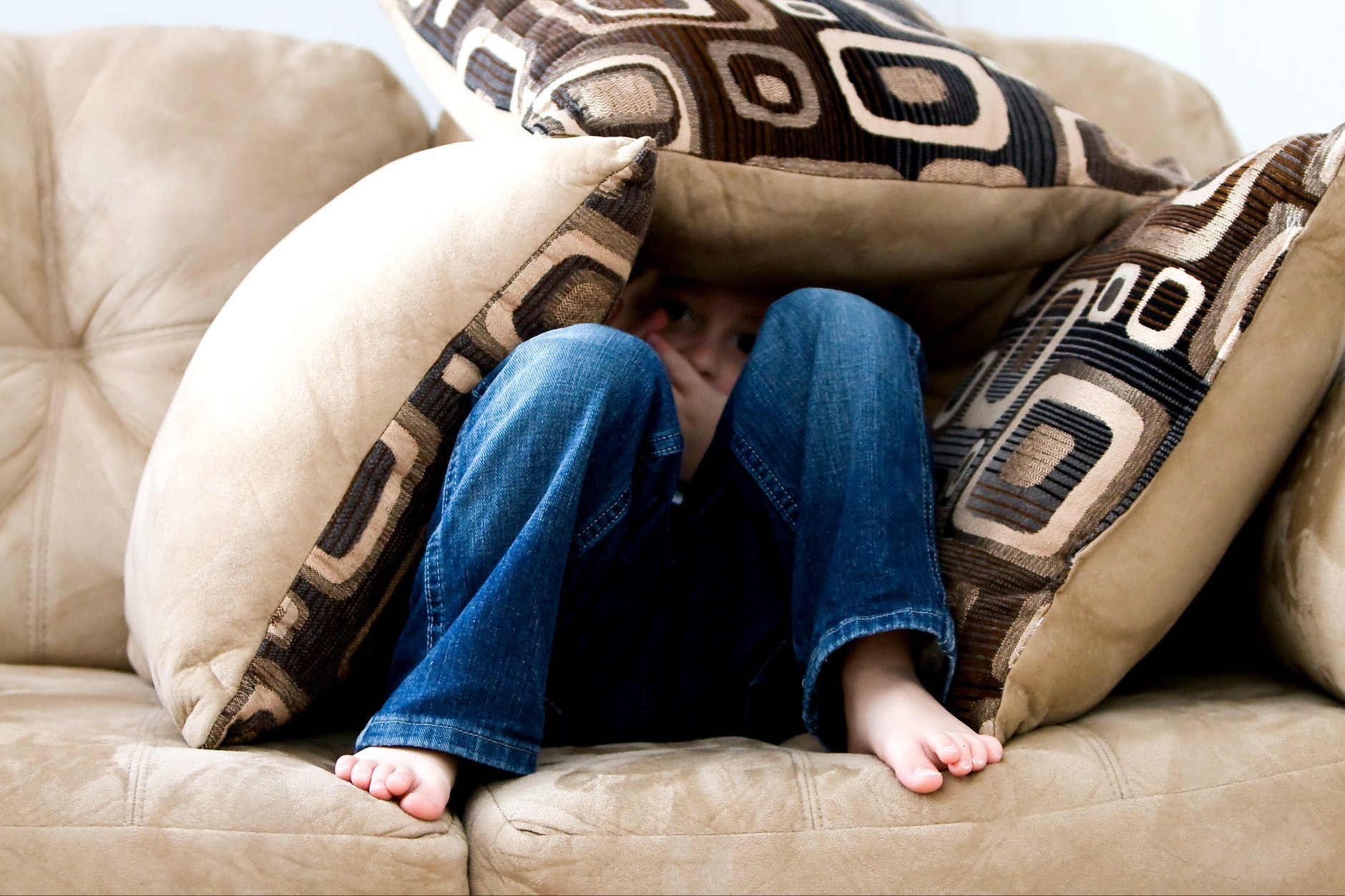My child has experienced something awful in their young life – how do I know if it is affecting them?

People tell me all of the time that their young child or baby doesn’t remember … their painful medical interventions, a car accident, the death or loss of a loved one, the verbal or physical fighting between parents/caregivers or witnessed violence. Even though it makes the conversation uncomfortable, I always have to tell them that their child probably does remember. It’s really common for adults to believe that children who do not speak, cannot remember. This is probably because their ability to form verbal memory has not developed and they will not speak about the event(s). They will, however, act it out in a lot of different ways.
So, what are common things to look for in my young child, if they have been affected?
They might experience trouble with bodily functions.
Does your child struggle with sleep? This might include difficulty falling asleep or staying asleep. It might also include nightmares or night terrors.
Have you noticed continued challenges with feeding or eating – hoarding food, holding food in the mouth for long periods of time, binge eating, refusing to eat?
Are you or have you experienced prolonged challenges with potty training or regular bathroom use?
Children who have experienced scary events might
also show delays in their development.
Has your child struggled with crawling or walking, running into things or frequently getting hurt?
Have people mentioned that it’s difficult to understand your child, even if you feel like you can understand them just fine?
Does your child cling to you instead of playing with other children (even after having some time to feel comfortable)? Do they struggle more than typical in play with others? Are teachers or caregivers concerned about their behavior? Are you concerned?
They express noticeable challenges with their emotions.
Do they cry more than seems normal? Are they hard to comfort (refuse hugs, throw things at you, hurt themselves or things they care about)?
When they do have a temper tantrum does it seem like it lasts longer or is more intense than other kids their age? They might really struggle with calming themselves down.
Have you noticed they are usually angry or easily irritated? Or are they often very sad, really shy, or super worried about things all of the time?
Maybe they seem really distant or are hard to connect with? You are trying to play with them, but they turn away or they make the play really difficult to follow and get upset easily.
You notice interesting play or body reactions.
Kids will use play to express what their bodies are feeling. Since the memories are not verbal, they live in your child’s body as physical reminders of what happened. Play could include aspects of the scary event and how it made their body feel. This might include increased hyperactivity that cannot be explained. It might also look like spacing out/tuning out during play or sudden mood changes in play.
You might also notice changes in your child or their body when you drive past the place of the accident or visit a medical office, when they hear raised voices, or when they approach the time of year when the event occurred (this is especially true if it happened near a holiday where there are a lot of sensory experiences – smells, sights, sounds).
 I know that it is easy to look at our young children and see the behavioral challenges, hoping for a solution in a book or on a blog. Sometimes our young children have experienced something that impacted the way their bodies respond to us and to the environment. They are not fully in control of how they are responding, and we cannot hope that enough discipline, sticker charts, or talking to’s will change that.
I know that it is easy to look at our young children and see the behavioral challenges, hoping for a solution in a book or on a blog. Sometimes our young children have experienced something that impacted the way their bodies respond to us and to the environment. They are not fully in control of how they are responding, and we cannot hope that enough discipline, sticker charts, or talking to’s will change that.
I also know, that being a parent to a young child who experienced something scary or painful, means that you probably also experienced the event. You feel the pain, the fear, the trauma too. There are things that are hard to remember and painful to feel, even today. The thought that your child might feel these things too can be overwhelming. It’s easy to get stuck here. But there is treatment available. Mental health therapy for young children who have experienced scary things can be helpful when we work with the parent and child together to help resolve the way they are responding and the way that they are feeling. Consider contacting a mental health specialist who is trained in early childhood mental health and trauma for the support and treatment needed.
Additional Resources
If you’d like more information about parent education or therapy supports check out our services page to learn more or fill out the form on this page. We often support parents through this challenging time. Services
April and her husband Peter have also created a journal to support parents as they consider their child’s behavior and play activity. So many parents have expressed frustration around play (“it’s boring, it’s strange, I don’t know how to do it”). Check this journal out if you’d like support in this area. Play Journal


